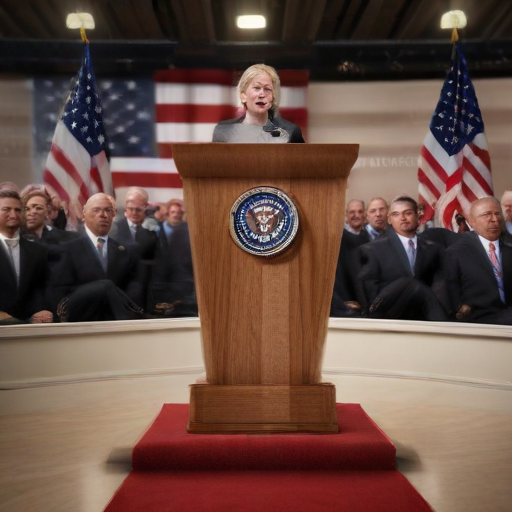Congress is set to convene on Monday to certify Donald Trump’s victory in the 2024 presidential election, a notable occasion occurring four years after the incidents at the Capitol that attempted to overturn the 2020 election results. The upcoming certification is expected to be far less turbulent than that of 2021.
Trump’s inauguration is scheduled for Martin Luther King Jr. Day on January 20, 2025. Inauguration Day is traditionally observed every four years on January 20, except when that date falls on a Sunday; in such cases, it is moved to January 21. This year, the ceremony will occur on a Monday at the U.S. Capitol in Washington, D.C.
The swearing-in ceremony will likely commence around noon Eastern Time. The vice-president-elect will be sworn in first, followed by the president-elect. Both leaders will recite the same oath of office, which has remained unchanged since 1884, affirming their commitment to defend the Constitution and to execute their duties faithfully.
Inaugural events organized by the Joint Congressional Committee on Inaugural Ceremonies will include the swearing-in ceremony, an inaugural address from the president, and a traditional pass in review.
For those interested in attending the inauguration, tickets will be made available by members of Congress, allowing a limited number of the public to witness the ceremony in person. These tickets are free and can be requested in the weeks leading up to the event.
This upcoming inauguration will not only mark a transition of power but also serve as a reminder of the democratic processes that define the United States. This moment could symbolize a new chapter in American politics, fostering civic engagement and renewed interest in governance, particularly among younger generations.
In summary, the certification and inauguration of President-elect Donald Trump will take place on January 20, 2025, with a day full of significant rituals and ceremonies that underscore the importance of democracy in the nation.
